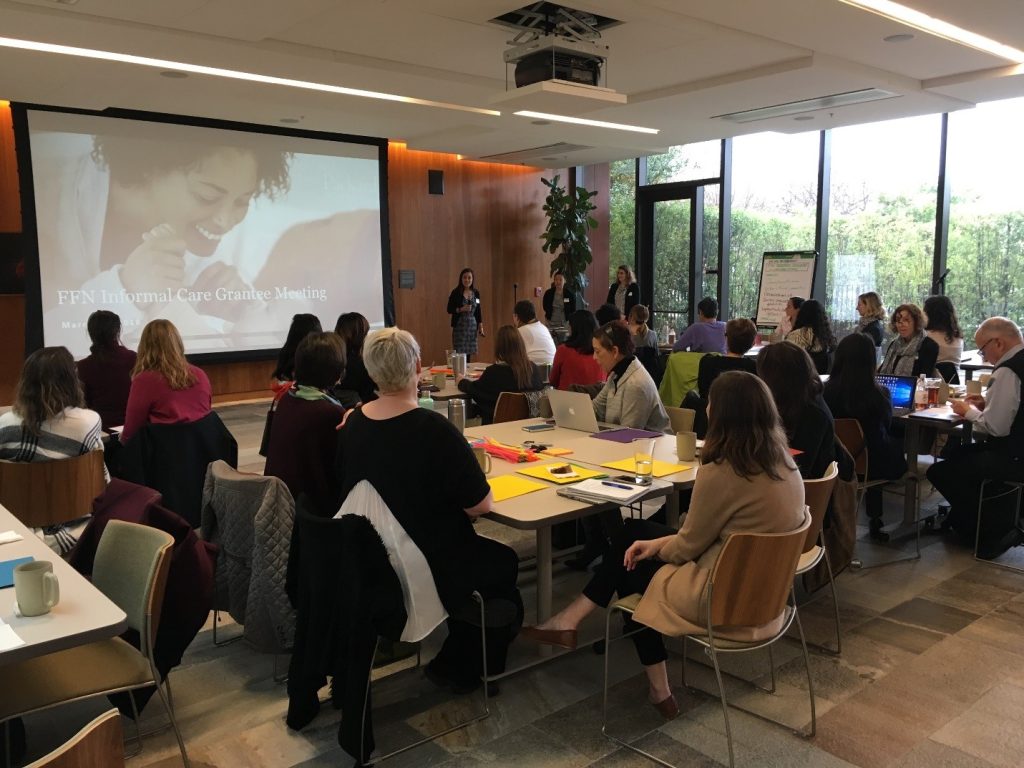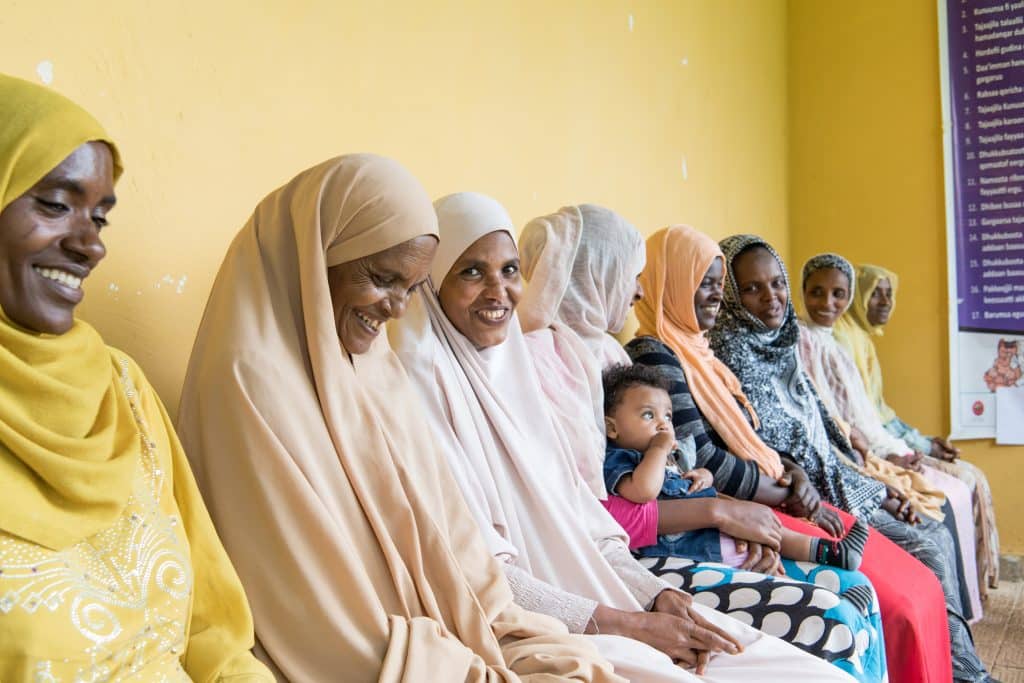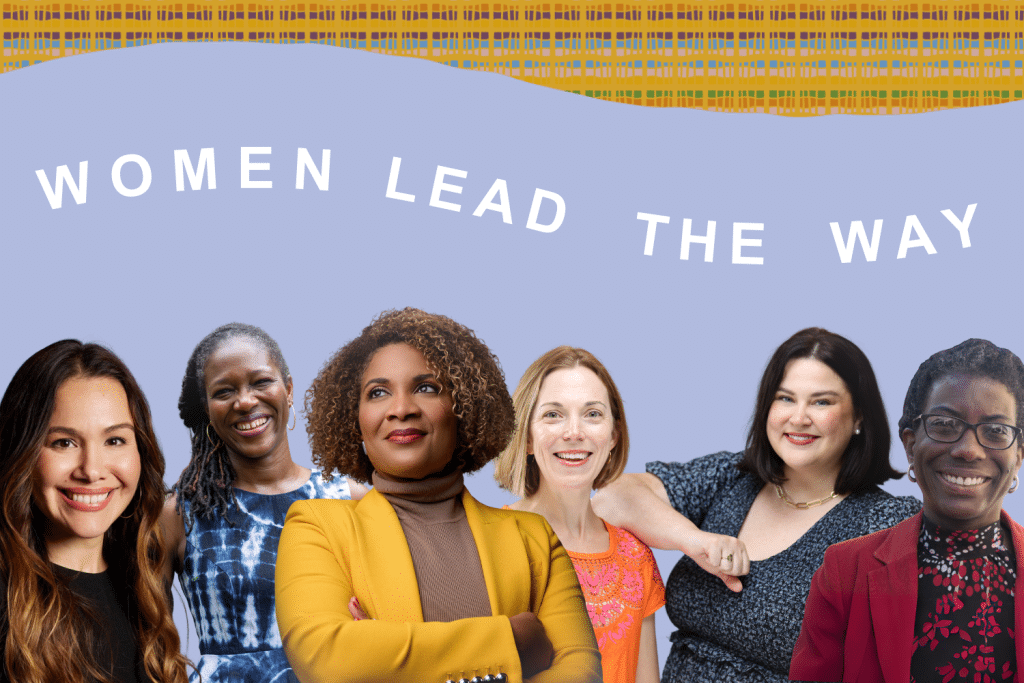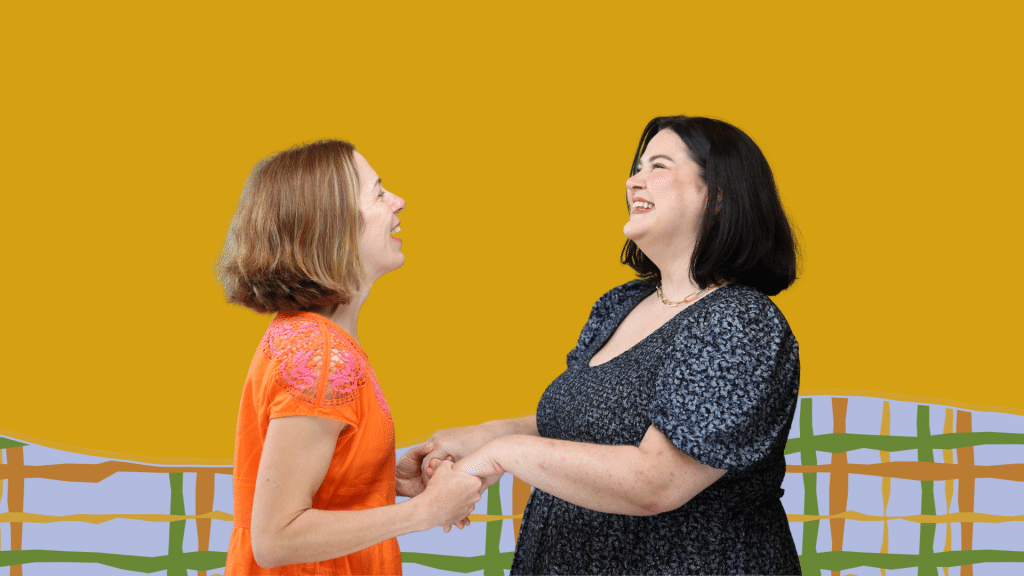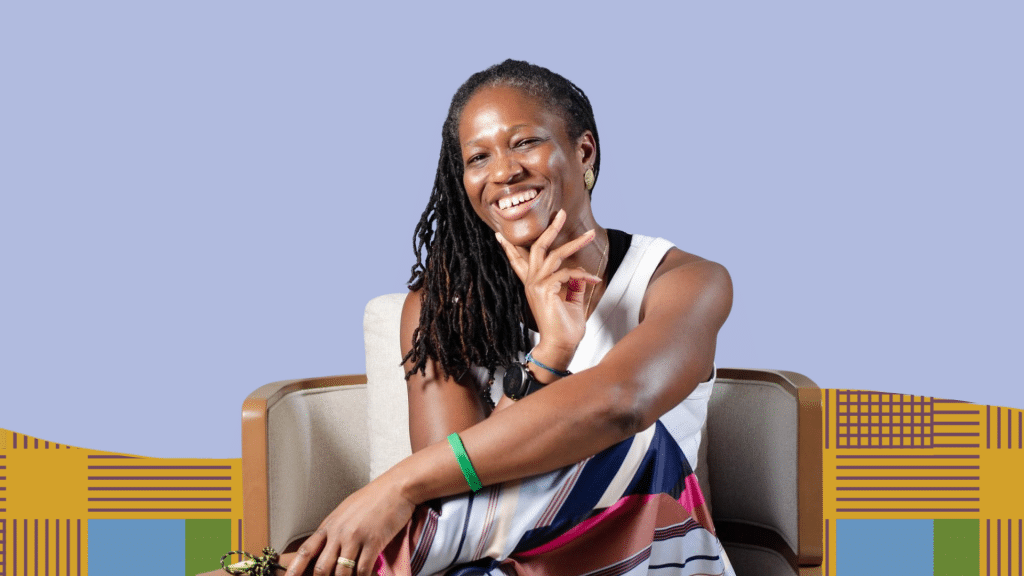At the David and Lucile Packard Foundation, we believe all children deserve a nurturing network of adults who have the knowledge and resources to provide the best experiences at home, in care settings, and in school, so that they can grow up healthy and ready to learn, and enter kindergarten prepared to succeed. In pursuit of this mission, we support quality practices and sustainable policies that help adults provide nurturing, tailored, and inclusive experiences for children—supported by research and driven by data.
In 2014, our Children, Families, and Communities program launched a ten-year strategy aimed at supporting quality care for kids in a way that could be replicated and grown—what we often call in grantmaking, carrying out work “at scale.” The focus of this strategy is on bringing quality care to children by supporting the adults in their lives. Achieving quality at scale is an audacious and complex task—and yet imperative if we are to achieve the goal of getting all children ready for kindergarten.
For some time, philanthropy had taken a particular approach to work at scale: grantmakers developed models and handed off their findings to advocates and policymakers. The assumption was that the public sector would take the best practices and implement the public policy needed to scale them across states and the nation.
However, in 2015, a report published by The Bridgespan Group and the J.B. and M.K. Pritzker Family Foundation highlighted racial and income disparities in kindergarten readiness, revealing that the quality of early learning programs is uneven. What became clear was that neither the public nor private sector had figured out how to implement programs or achieve quality at scale. Our collective efforts up to that point had resulted in achieving incremental change—albeit important, it was not enough. I realized that if we, in philanthropy, really want to achieve quality at scale, we must think differently, beyond our own interests, and be willing to test new approaches, learn, and adapt.
Ready to take on this challenge and seek a different investment approach, the Packard Foundation convened a group of national early childhood funders in 2015 to explore making collective investments to test ways to achieve kindergarten readiness at scale. Over a two-year process of meeting with thought partners, researchers, and key stakeholders, we have launched two Big Bets—or large, pooled philanthropic investments aimed at creating impact at scale. These Bets have resulted in 18 donors contributing over $25 million in funds aimed at scaling quality care for kids—with one Bet focused on the role of pediatricians in children’s social and emotional well-being, and the other on professionalizing the early childhood workforce.
Funders for each Bet have adopted a unified goal, created a pooled fund with an investment plan, and are developing an evaluation approach. A recent case study, authored by Bridgespan through a grant from the Packard Foundation and Pritzker Family Foundation, looks back at the process it took to get here, seminal moments along the way including key “go or no-go” decisions, and important learnings about our work so far. I hope other grantmakers, in the children’s space or otherwise, may find it helpful to explore the road we took to get here.
I am deeply grateful to my philanthropic partners for the culture of collaboration we have built together, and I want to share three aspects of how we work together:
- We set aside institutional identities in pursuit of a unified goal: For each of us at the table, the goal of achieving kindergarten readiness at scale is nested within a larger set of institutional priorities. However, we are explicit about needing to set aside our institutional identities and usual approaches, in order to make decisions in pursuit of our collective goal. To do so, when we are faced with divergent views or a fork in the road, we hold up our goal and let the goal guide the path we take.
- We are willing to adapt as we learn: Each of our Bets was developed based on a set of informed assumptions. Now that the first set of grants have been made, we are open to learning from our grantees and key field leaders about how to best roll out the work, engage the system’s key actors, and evaluate progress. We will test our approaches, and modify them as necessary.
- We have an unflinching commitment to quality: In order to achieve the goal we have set for ourselves, we know we must pay attention to the process it takes to get there—specifically, the quality practices that programs and providers adopt, and how the public sector can support what works. It is this connection between best practice and public sector support that we collectively believe will achieve quality that can last.
I am excited about the journey we have begun. As we look ahead to the work to come, I know we have much to do and I am confident that we have created a strong foundation for the next phase.


